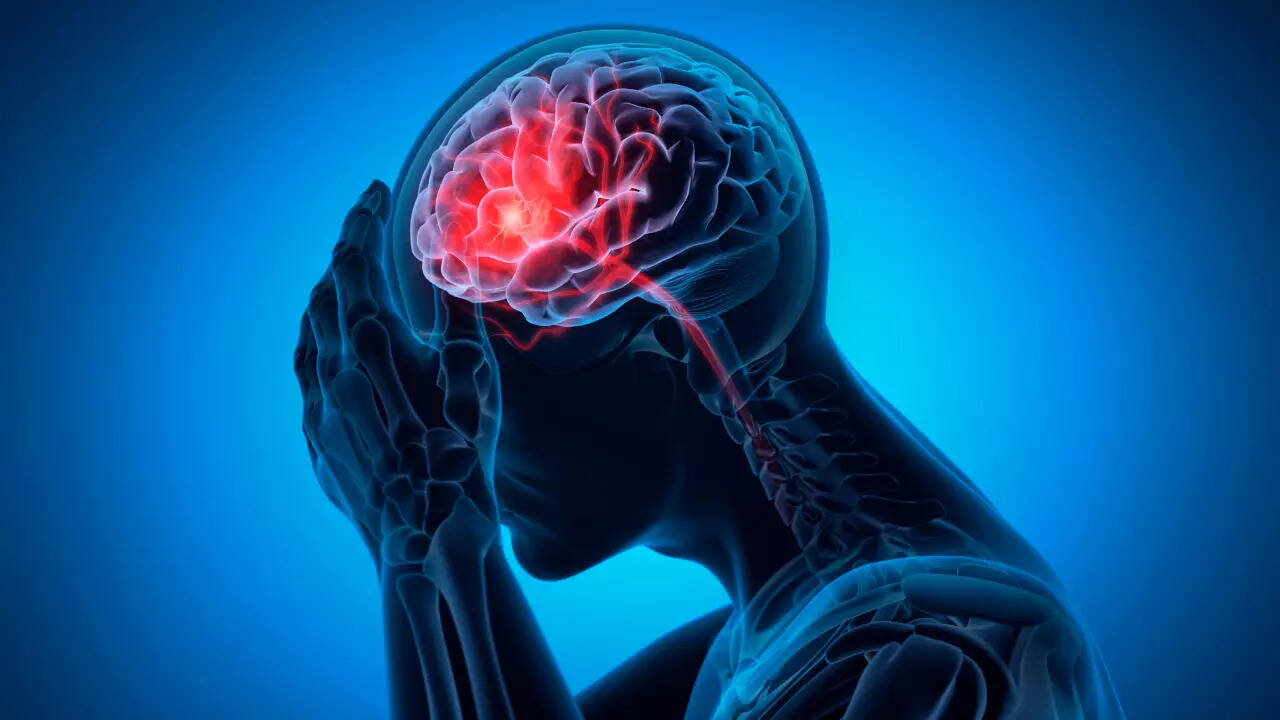A groundbreaking study has unearthed a potential link between brain injury and criminal behavior, sparking crucial ethical debates about culpability and legal responsibility. The research zeroes in on a specific brain pathway, the uncinate fasciculus, which plays a critical role in connecting regions responsible for emotion and decision-making.
Researchers discovered a correlation between damage to this vital pathway and an increased likelihood of criminal activity. This intriguing finding suggests that disruptions in the intricate balance of emotional regulation and rational thought processes, mediated by the uncinate fasciculus, could contribute significantly to an individual’s propensity for criminal behavior.
The implications of this research are far-reaching. The study raises serious questions regarding the degree to which individuals with brain injuries should be held accountable for their actions. It challenges our traditional understanding of criminal responsibility and opens doors for further investigation into the complex interplay between neuroscience and the justice system.
This discovery highlights the need for a more nuanced approach to evaluating criminal culpability, one that takes into account the potential impact of neurological factors. It emphasizes the importance of ongoing research to fully understand the relationship between brain injury, cognitive function, and behavioral outcomes.




